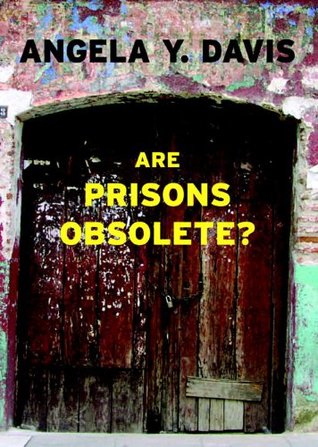More on this book
Community
Kindle Notes & Highlights
Read between
December 16 - December 18, 2024
According to a recent study, there may be twice as many people suffering from mental illness who are in jails and prisons than there are in all psychiatric hospitals in the United States combined.1
Why do prisons tend to make people think that their own rights and liberties are more secure than they would be if prisons did not exist?
The prison therefore functions ideologically as an abstract site into which undesirables are deposited, relieving us of the responsibility of thinking about the real issues afflicting those communities from which prisoners are drawn in such disproportionate numbers. This is the ideological work that the prison performs—it relieves us of the responsibility of seriously engaging with the problems of our society, especially those produced by racism and, increasingly, global capitalism.
“convict labor was in many ways in the vanguard of the region’s first tentative, ambivalent, steps toward modernity.ʺ33
When children attend schools that place a greater value on discipline and security than on knowledge and intellectual development, they are attending prep schools for prison.
In the twenty-first century, antiprison activists insist that a fundamental requirement for the revitalization of democracy is the long-overdue abolition of the prison system.
Rather, positing decarceration as our overarching strategy, we would try to envision a continuum of alternatives to imprisonment—demilitarization of schools, revitalization of education at all levels, a health system that provides free physical and mental care to all, and a justice system based on reparation and reconciliation rather than retribution and vengeance.
the racial and class disparities in care available to the affluent and the deprived need to be eradicated,
anyone, regardless of economic status, who wishes to conquer drug addiction should be able to enter treatment programs.


